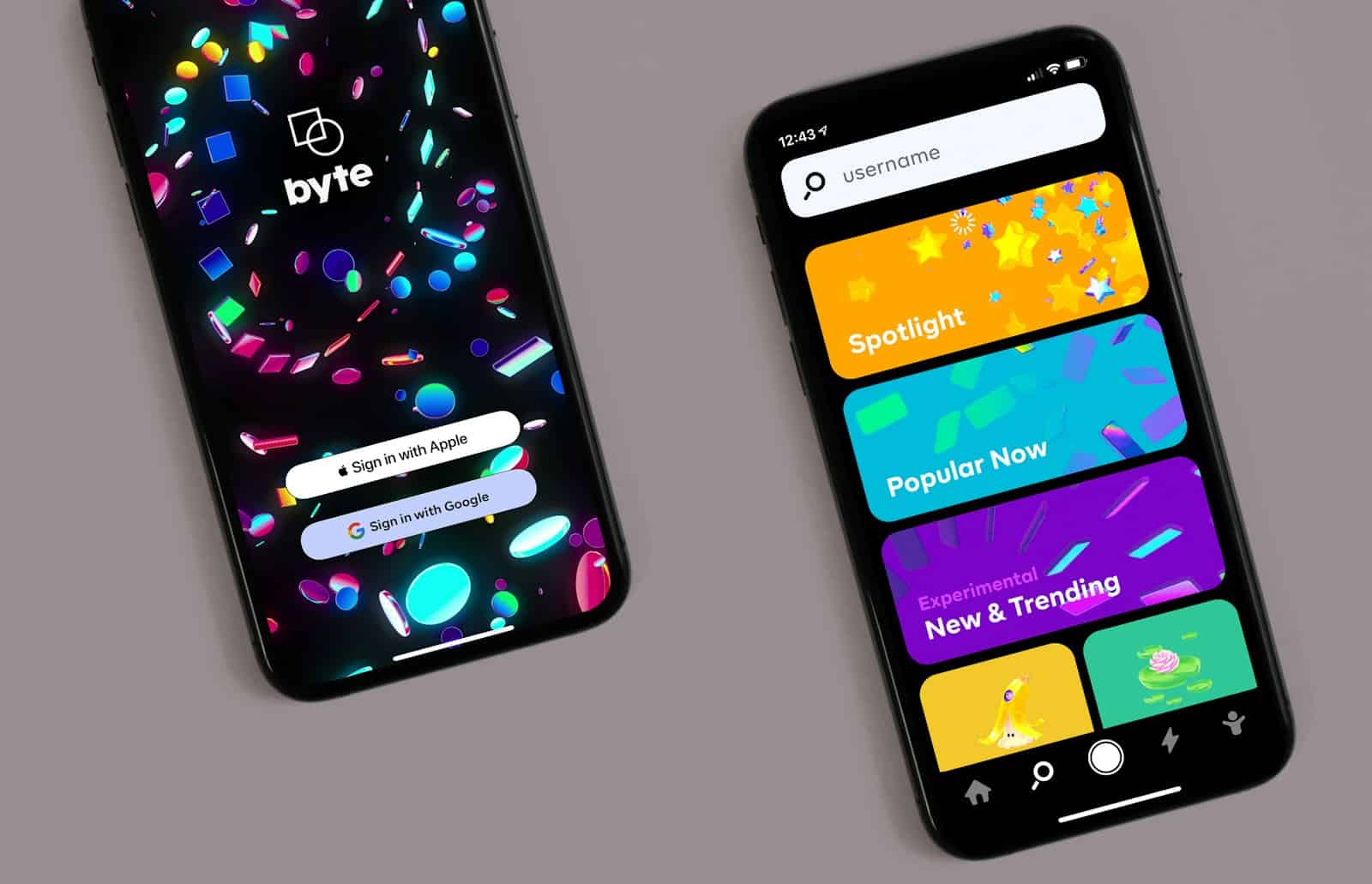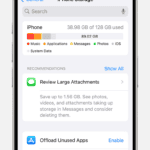The Apple and Epic Games dispute has shaken up the mobile app industry. Epic Games challenged Apple’s App Store policies in 2020. This led to a long legal battle that changed how apps are sold on iPhones.
Apple recently allowed Epic Games to start a competing app store in Europe. This marks a big shift in Apple’s stance. It comes after years of resistance to outside app stores on its devices. The move could open up new options for iPhone users to get apps and games.
The fight between these tech giants has far-reaching effects. It impacts app developers, consumers, and the broader tech industry. As the situation evolves, it may reshape how we use and pay for mobile apps in the future.
Epic Games Store on Apple Devices: A New Chapter
The Epic Games Store has officially arrived on Apple devices, marking a significant development in the ongoing battle for control over app distribution on iOS. Here’s a breakdown of the current situation:
Availability
- European Union: As of November 2024, the Epic Games Store is available on iPhones and iPads within the European Union. This follows new regulations that require Apple to allow alternative app stores on its platform.
- Other Regions: Epic Games plans to expand to the UK and Japan in 2025, with more regions to follow as similar legislation is passed worldwide.
Features
- App Marketplace: The Epic Games Store app acts as a hub for discovering and downloading games and apps.
- Hybrid Store: Initially focused on mobile games, it will evolve to include PC and Mac titles, creating a unified storefront.
- Direct Downloads: Users can download apps directly from the Epic Games Store, bypassing the Apple App Store.
- Payment Processing: Epic Games can process payments independently, potentially offering developers more favorable revenue splits.
Current Offerings
- Fortnite: The popular battle royale game is available for free, with optional in-app purchases.
- Fall Guys: The chaotic obstacle course game is also available for free with in-app purchases.
- Rocket League Sideswipe: A mobile-optimized version of the popular vehicular soccer game.
- Expanding Catalog: Epic Games is actively working to bring more games and apps to the store.
Challenges and Uncertainties
- Legal Battles: Apple is likely to continue challenging these regulations, which could impact the availability and functionality of the Epic Games Store on iOS.
- Consumer Adoption: It remains to be seen how many users will embrace this alternative app store.
- Developer Support: The success of the Epic Games Store on iOS depends on attracting a wide range of developers.
Implications
- Increased Competition: The presence of the Epic Games Store challenges Apple’s dominance in app distribution, potentially leading to more choice and innovation for users.
- Lower Fees: Developers may benefit from lower fees and more control over their apps.
- Evolving Landscape: The mobile app ecosystem is undergoing significant changes, and the Epic Games Store on iOS is a key part of this evolution.
| Feature | Status |
|---|---|
| Availability | EU, with plans to expand |
| App Selection | Currently limited, but growing |
| Payment Processing | Independent of Apple |
| Future Outlook | Uncertain, but potentially disruptive |
The arrival of the Epic Games Store on Apple devices is a major milestone. It represents a shift in the power dynamics between developers, platforms, and users. While the future remains uncertain, one thing is clear: the competition for your mobile attention is heating up.
Beyond the App Store: Sideloading on iOS
With the introduction of alternative app stores like the Epic Games Store, iOS users now have more options for installing apps. One method gaining attention is sideloading.
Sideloading allows you to install apps outside of the official App Store. This can be done through various methods, such as:
- Developer Mode: Apple offers a “Developer Mode” in iOS that allows users to install apps they’ve developed themselves.
- Third-Party App Stores: As discussed, platforms like the Epic Games Store enable sideloading.
- Direct Installation: In some cases, you might be able to download an app directly from a developer’s website and install it.
While sideloading offers more flexibility, it’s important to be aware of the security risks involved. Always make sure you trust the source of the app before installing it.
Key Takeaways
- Epic Games challenged Apple’s App Store policies leading to major changes
- Apple now allows a competing app store from Epic in Europe
- The dispute’s outcome may affect how consumers access and pay for mobile apps
Overview of the Apple and Epic Games Dispute
The Apple and Epic Games dispute centers on App Store policies and fees. It has sparked a major legal battle with wide-ranging impacts on the tech industry.
The Genesis of the Contest
The conflict began in August 2020. Epic Games added a direct payment option to Fortnite on iOS devices. This bypassed Apple’s in-app purchase system.
Apple quickly removed Fortnite from the App Store. They said Epic broke the rules. Epic responded by filing a lawsuit against Apple.
Epic claimed Apple’s App Store was a monopoly. They argued the 30% commission on in-app purchases was unfair. Epic wanted to use its own payment system.
Major Legal Milestones
The case went to trial in May 2021. It lasted three weeks. Judge Yvonne Gonzalez Rogers presided over the case.
In September 2021 the judge issued a ruling. She found Apple was not a monopoly. But she ordered Apple to allow developers to link to outside payment systems.
Both sides appealed parts of the ruling. The legal battle continued into 2024. Apple had to make changes to its App Store policies as a result.
Impact on the Tech Industry
The case drew attention to app store practices. It raised questions about Big Tech’s power and control.
Other companies watched the case closely. Google faced a similar lawsuit from Epic over its Play Store.
The dispute sparked debates about fair competition in digital marketplaces. It led to increased scrutiny of app store fees and rules.
Some developers supported Epic’s fight against Apple. Others worried about the potential loss of App Store security and quality control.
The case may influence future antitrust laws and regulations for tech platforms.
Implications for Stakeholders
The Apple-Epic legal battle has far-reaching effects on app developers, consumers, and the mobile app market. It challenges long-standing practices and could reshape how apps are distributed and monetized.
Developers and the ‘Apple Tax’
App creators face big changes due to the Apple-Epic dispute. The 30% commission Apple charges on in-app purchases has been a key issue. Many developers see this fee as too high.
Some benefits of the Apple platform include:
- Access to millions of iOS users
- Secure payment processing
- App Store promotion
But developers also face challenges:
- High commission cuts into profits
- Limited pricing flexibility
- Strict app review process
The legal battle may lead to lower fees or more payment options. This could help smaller developers compete and earn more.
Consumer Choices and Market Dynamics
Users may see changes in app prices and payment methods. The Epic Games v. Apple ruling could affect what apps are available and how they work.
Potential benefits for consumers:
- More payment options
- Lower app prices if fees decrease
- Greater app variety
Possible drawbacks:
- Confusion from multiple payment systems
- Security concerns with third-party payments
- Some developers may leave the platform
The outcome could influence how other app stores operate. This may lead to more choices for users across different platforms.
Future of App Distribution Models
The Apple-Epic case may reshape how mobile apps are sold and distributed. It could impact not just Apple but the entire app ecosystem.
Key areas that may change:
- App store policies
- Revenue sharing models
- Cross-platform compatibility
The European Union’s Digital Markets Act is pushing for more open systems. This could force Apple and others to allow third-party app stores.
New models might include:
- Direct-to-consumer app sales
- Subscription-based app bundles
- Open marketplaces on mobile devices
These changes could give developers more control. But they may also create new challenges in discoverability and security.
Frequently Asked Questions
The Epic Games and Apple dispute has raised many questions about mobile gaming and app distribution. Users want to know how to access their favorite games on iOS devices.
What is the current status of the Epic Games and Apple legal dispute?
The legal battle between Epic Games and Apple is ongoing. A federal judge issued a ruling in 2021. Both sides claimed partial victory. The case may still see further appeals or developments.
When is the Epic Games Store expected to be available on iOS?
There is no set date for the Epic Games Store to launch on iOS. Apple’s policies currently prevent third-party app stores on iOS devices. This may change due to new regulations or legal outcomes.
How can users download Epic Games titles on iOS devices after the dispute?
iOS users can’t directly download Epic Games titles right now. Some games may be available through cloud gaming services. Others might require using a web browser instead of a dedicated app.
What impact did the Epic Games versus Apple case have on mobile app distribution policies?
The case brought attention to app store policies. It sparked debates about fair competition. Some changes were made to allow developers to tell users about alternative payment options.
Are there any plans for Epic Games to release a mobile version of their store for Android and iOS?
Epic Games has expressed interest in bringing their store to mobile. An Android version may come first. iOS plans depend on Apple’s policies or potential legal changes.
How can players access Fall Guys: Ultimate Knockout on Apple devices?
Fall Guys is not currently available on iOS devices. Players might access it through cloud gaming services if supported. Epic Games has not announced plans to bring Fall Guys directly to Apple platforms.







